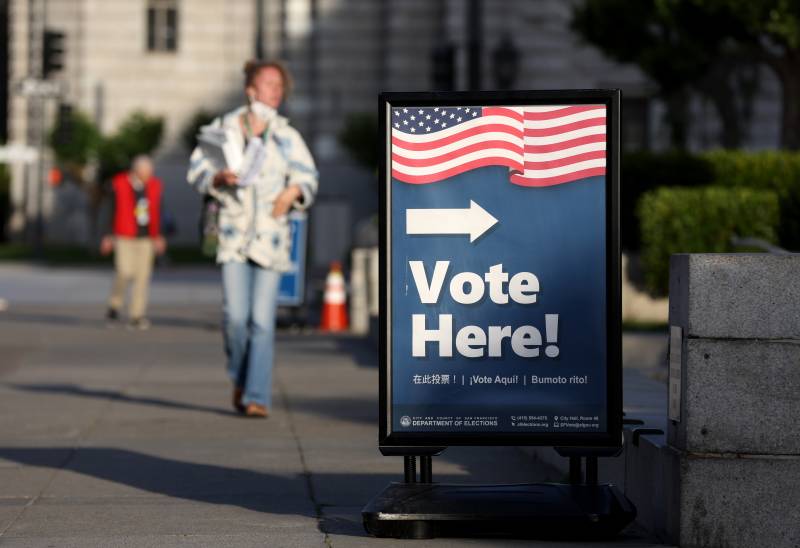A new UC Berkeley Institute of Government Studies survey of California voters finds that the people who vote regularly in state elections are more likely to be white, highly educated, homeowners, married and considerably older than the state’s population as a whole.
Even though a large majority of voters — 63% — say California has made it easier to vote, many Black, Latino and Asian voters in particular say they feel they need more information to cast an informed ballot.
“California does not have a representative and participatory democracy,” said Jonathan Mehta Stein, executive director of California Common Cause. “It’s not even close.”
Mehta Stein, who helped develop the survey, said “people assume that because there are no horrible voter suppression headlines coming out of California, that everything is perfect here.”
The truth, he said, is that “simply making it easy to vote or easy to register to vote isn’t enough to convince Californians that voting is worthy of their time and investment. That there are some Californians that are disaffected and disillusioned by the state of our democracy, and there’s work to be done to restore their faith.”

